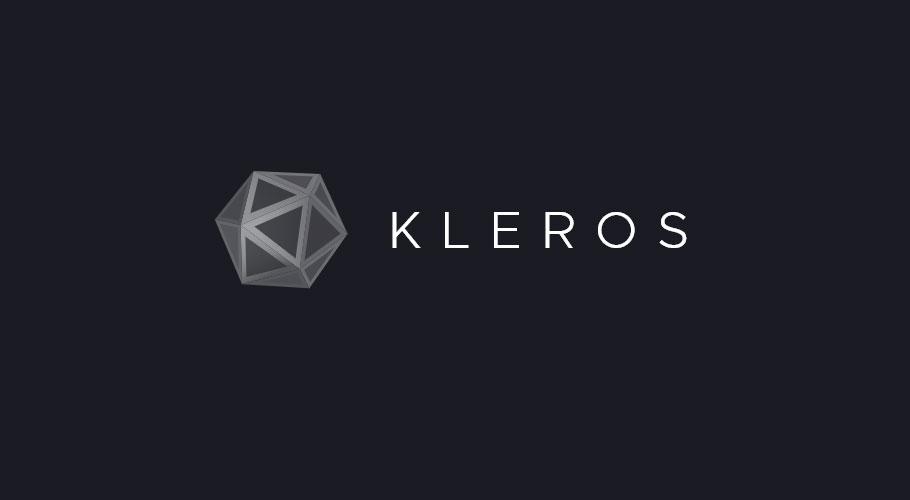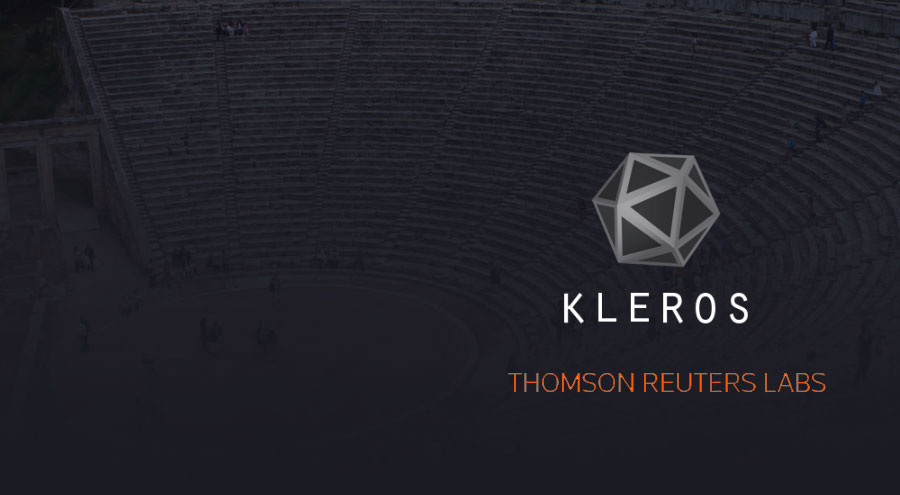Kleros, a blockchain company building a ‘dispute resolution layer’ for virtually any transaction on the internet, has officially gone live with the initial version of their platform. As part of the first trial of their technology, the company has announced Doges on Trial, their first crypto economic experiment on the Ethereum network that is based on Kleros’ curated list application, a key area of research within the decentralized ecosystem.
Traditional Internet companies organize information with centralized rules and moderators. Yelp!, eBay and Google all have rules to determine what restaurants, products, and websites should be accepted in their listings and in which positions they should be presented to consumers.
However, how can the decentralized versions of Yelp!, eBay and Google define which restaurants, products, and websites to accept in their offering in a decentralized way?
Doges on Trial is the first crypto economic experiment to test how Kleros can arbitrate disputes arising from user-curated lists – in this case, a list of Doge images…
In the experiment, users are asked to submit valid and unique Doge images to the system. The ‘submitter’ needs to stake a small amount of ETH, which will be refunded if the image is accepted by the community.
Submitters are rewarded in two ways:
- By submitting valid Doge images. At the end of the experiment, Kleros will make a list of the submitters who posted unique Doge pictures. They will all split 1,000,000 Doge Coins.
- By conducting successful attacks on the system. If a submitter gets a cat accepted into the Doge list, they will receive 2 ETH and a Cryptokitty (this reward is limited to the first 10 cats accepted).
‘Prosecutors’ and ‘Jurors’ on the platform are also rewarded for correctly challenging images and correctly judging challenges according to the majority consensus of the other jurors in the system.

“The Doge is a beloved character in the blockchain community. We thought it would be fun to use his image in order to test the complex crypto economic system that supports Kleros. Ultimately, the goal of Doges on Trial is to understand user behavior and to test the system defenses against a number of hostile actions such as bribes and p+epsilon attacks. An important first step in building our vision of decentralized justice.”
Kleros is based on the idea that economic incentives will make jurors vote honestly for the ‘coherent’ answer. Their hypothesis is that ‘truth’ based on coherence and economic incentive will work as a Schelling Point for jurors voting independently under an incentive system such as the one developed in this test.
Kleros, whose name is derived from the Greek word for Kleroterion, a stone randomization device used in democratic processes in ancient Greece, recently completed the first-ever ‘interactive crowdsale’ raising $2.7 million from their community, without giving special discounts for private sale buyers.
Anyone is welcome to participate in Doges on Trial by visiting https://dogesontrial.dog.






















